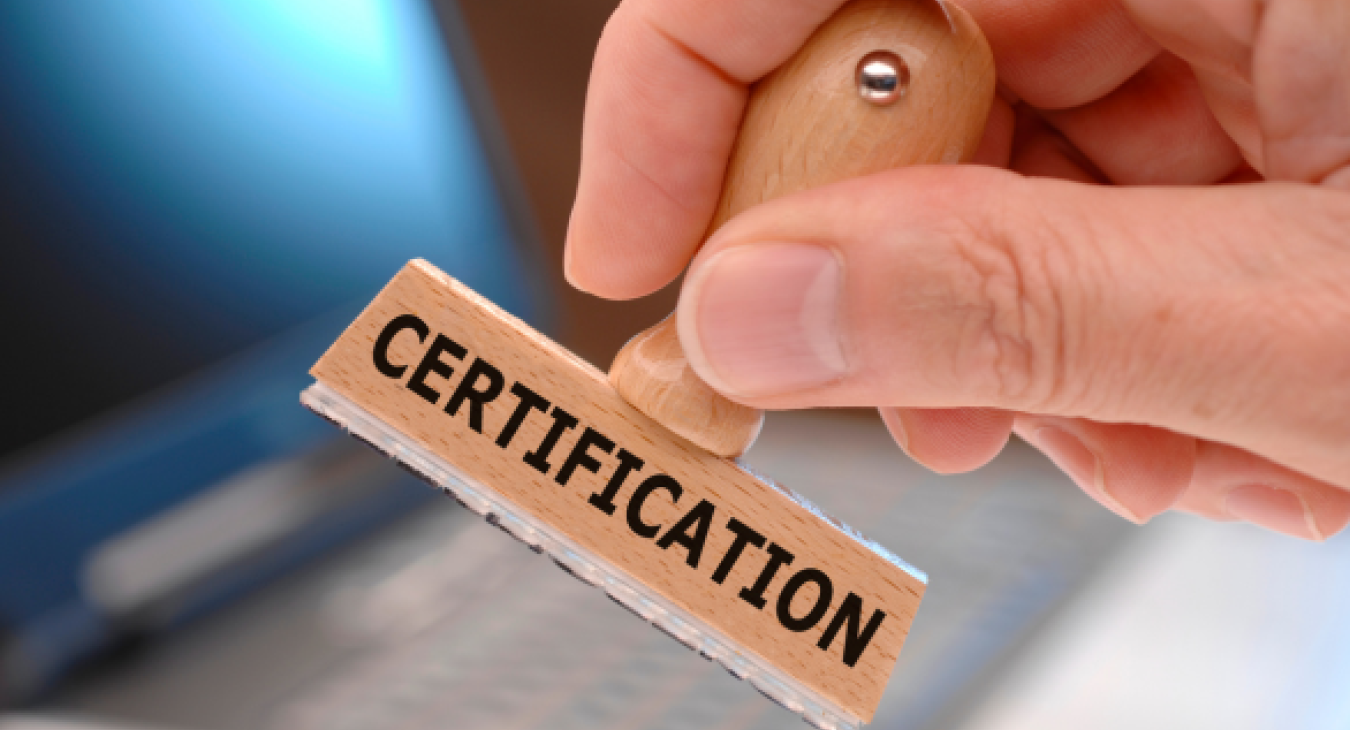
When you hire an electrician to carry out work in your South Yorkshire home, it’s crucial to ensure that the work is done safely and to a high standard. One way to verify this is by obtaining the proper certifications from your electrician upon the completion of the job. At MP Electrical, we prioritise your safety and compliance with regulations, so here’s a comprehensive guide on what certifications you should expect.
Why Certifications Matter
Certifications serve several vital purposes:
- Safety Assurance: They confirm that the electrical work has been carried out safely and adheres to current standards.
- Regulatory Compliance: They ensure that the work complies with local and national regulations, protecting you from potential legal issues.
- Insurance Requirements: Many insurance policies require proof that electrical work has been completed to a recognized standard.
- Peace of Mind: They provide reassurance that the work has been performed by a qualified professional.
Key Certifications You Need
1. Electrical Installation Certificate (EIC)
An Electrical Installation Certificate is issued for new installations, such as new circuits, or for any major alterations to your existing electrical system. This certificate confirms that the work meets the required safety standards and regulations.
What It Includes:
- A description of the work carried out.
- The results of the testing and inspection process.
- Confirmation that the installation is safe for use.
2. Minor Electrical Installation Works Certificate (MEIWC)
For smaller jobs, such as adding a new socket or light fitting, your electrician should provide a Minor Electrical Installation Works Certificate. This certificate ensures that even minor alterations comply with safety standards.
What It Includes:
- Details of the minor work completed.
- Results of relevant tests and inspections.
- Confirmation of safety and compliance with regulations.
3. Building Regulations Compliance Certificate
In the UK, certain types of electrical work must comply with Building Regulations. Your electrician should notify the local building authority of the work, who will then issue a Building Regulations Compliance Certificate. This is particularly important for work in special locations like kitchens, bathrooms, and outdoor areas.
What It Includes:
- Confirmation that the work complies with Building Regulations.
- Assurance that the installation is safe and legal.
4. Part P Certificate
Part P of the Building Regulations specifically relates to electrical safety in residential dwellings. If the work done falls under Part P, your electrician should provide a Part P Certificate. This certificate is essential for work that involves new circuits or any work in bathrooms or other high-risk areas.
What It Includes:
- Confirmation of compliance with Part P regulations.
- Details of the work carried out and the safety measures taken.
Ensuring Your Electrician Is Qualified
When hiring an electrician, ensure they are registered with a competent person scheme. These schemes, such as NICEIC, NAPIT, and ELECSA, certify electricians who are competent to carry out electrical work in compliance with Building Regulations. Registered electricians can self-certify their work, saving you the hassle of notifying the local building authority yourself.
MP Electrical is proud to be registered with NAPIT, one of the leading competent person schemes in the UK. This ensures our work meets the highest safety and compliance standards.
What to Do If You Don’t Receive the Proper Certification
If your electrician does not provide the necessary certification, follow these steps:
1. Request the Certificates: Contact your electrician and request the required documents. Reputable professionals will understand the importance of providing certification.
2. Verify Their Registration: Check that your electrician is registered with a competent person scheme. You can usually do this online via the scheme’s website.
3. Contact the Competent Person Scheme: If your electrician refuses to provide certification, contact the relevant competent person scheme for advice. They can often mediate and ensure you receive the proper documentation.
4. Consult Your Local Building Authority: As a last resort, contact your local building authority for assistance. They can advise on the best course of action to ensure your electrical work complies with regulations.
The Role of MP Electrical in Certification
At MP Electrical, we understand the importance of proper certification for any electrical work. We ensure all our work is fully certified, providing you with the necessary documents to guarantee safety and compliance. Our friendly, family-oriented approach means you can trust us to handle your electrical needs with professionalism and care.
Get in Touch
Need electrical work done in your South Yorkshire home? Contact us for expert service and guaranteed certification. Message us or call our office on 01709 645115 to speak with one of our knowledgeable team members. We’re committed to providing prompt and reliable service, ensuring your home’s electrical system is safe and compliant.
---
Understanding the importance of proper certification is crucial when having electrical work done in your home. By ensuring you receive the correct documentation, you protect your home, comply with regulations, and gain peace of mind. Stay tuned to our blog for more helpful insights and tips on electrical maintenance and safety.










